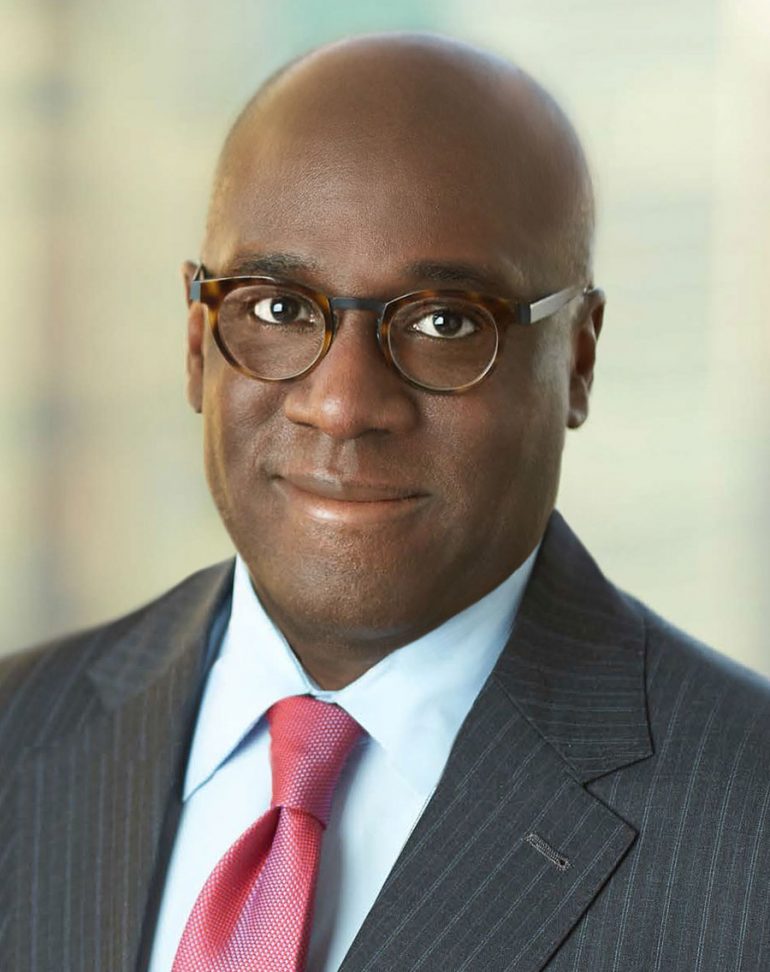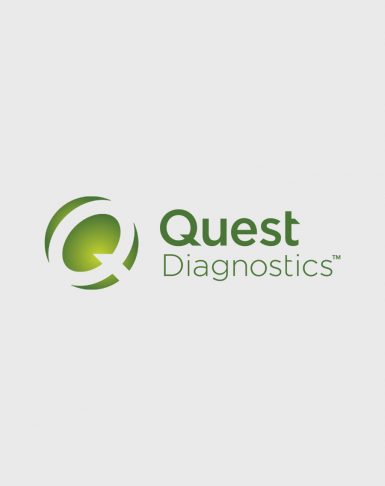Behind every brand delivering simpler experiences for customers is a leader who recognizes the inherent value in keeping things simple. In Simplifiers, I interview business leaders who put simplicity to work. Here, Margaret Molloy speaks with Ed Dandridge, Global Chief Marketing & Communications Officer, AIG – General.
With roots that trace back to 1919, AIG is a global insurance company with operations in more than 80 countries and jurisdictions. AIG provides a range of insurance products to support its clients in business and in life, including general property/casualty, life insurance, and retirement and financial services through its General Insurance, Life and Retirement and Investments business units.
MM: What is AIG?
ED: AIG is a global insurance and financial services company that helps businesses, institutions, and individuals reduce risk, restore value and seize opportunities for growth and innovation.
MM: And what does AIG stand for?
ED: One thing that AIG stands for in every market, country, and segment is technical expertise around how to manage the most challenging risks.
MM: Walk me through a use case scenario.
ED: I’ll focus on commercial insurance and start with the value chain.
Without insurance, there’s no investment, and without investment, there’s no scalable innovation—vaccines aren’t developed, satellites aren’t launched, and algorithms aren’t brought to market in transformative apps. In most cases, they typically require multiple rounds of investments to enable them to fail, succeed, scale, test try, and ultimately, refine the product offering.
Along the way, comes more failure than success; and insurance is critical at every step, to take the burden of the risk and enable a profitable return on the investment. That’s one example of where insurance sits in the value chain. If you start with that as a premise, then you see it is different than how people traditionally think of insurance.
MM: How do you deliver on that promise every day?
ED: We look at risk and opportunities through the eyes of our clients and customers to ensure that they are fully empowered. We have to become experts on their business, so we can create solutions that don’t just solve immediate issues but support their business strategy and long-term growth aspirations.
MM: What role does simplicity play in delivering on that promise?
ED: There are two types of simplicity. There’s the type that customers expect of any organization—which is that you’re truly aligned, that you have processes, workflows, and systems that are intuitive and easy to use, and your internal organization is designed to respond to the client.
Then, there’s the simplifying that you have to do with customers, which is to make sense of an increasingly complex, fast-moving environment. In a world where we have more data than ever, it is vital that we identify, isolate and activate the data that is most meaningful.
MM: What benefits has AIG experienced from simplifying?
ED: We are in business to meet our customers’ needs, and very often, our customers are coming to us with extremely complex problems they need help solving. If we do that right, we are helping them reduce risk. And unfortunately, when they’ve suffered a loss, we’re helping them restore value.
When you hone in on those principles of meeting customer needs, there’s a rather elegant simplicity to everything we do, particularly around commercial insurance. It is focused on meeting those critical promises to our customers.
MM: As a marketing leader, how do you keep things “simple” for your team?
ED: Within General Insurance, we are pulling together a lot of marketing teams around the world across countries, regions, and lines of business—we are standing them up into one global function. There is power in recognizing that you are part of something larger. With that comes scale benefits and exposure to global best practices, shared services and resources, and in-house expertise. This produces greater efficiency, greater alignment, higher productivity and ultimately, more enjoyable career paths because you’re not doing it alone, but you are part of something bigger.
MM: Personally speaking, what’s the most recent simple customer experience that inspired or impressed you?
ED: I would say Pearson Airport in Toronto. That experience from end-to-end was efficient and seamless.
MM: What are some of the biggest mistakes that brands make with regards to simplifying?
ED: The most common error is working inside out, as opposed to working outside in. You may arrive at the same conclusion but it’s more efficient when you set aside past assumptions and internal boundaries and start from a customer-centric, externalized view.
MM: Any recent examples of a difficult decision that you made at AIG, that you had to make for the sake of simplicity?
ED: In any global organization, when a new set of priorities is introduced, the expectation is that they will lay on top of existing duties. People start to say, “Well, I don’t know if I can get all of this done.” It is important to identify what we are no longer doing—things that either don’t make sense or are not the most profitable use of time, resource or human capital. It’s focusing on clearing space out to do things different and better. It’s the exercise of rationalizing multiple customer data points and insights. Sometimes more isn’t better.
MM: What does “simplicity” mean to you?
ED: Clarity of purpose, clarity of value and clarity of process.
MM: What advice would you give other brands trying to simplify?
ED: We can’t be too precious about what has worked in the past. We need to be very courageous about constantly reassessing how customers define value and what they’re willing to pay for.
MM: Anything else?
ED: Technology can provide great benefits, great scale, and great solutions, but it’s also capable of creating unintended consequences. It’s human nature to sprint to opportunity but to jog to the consequences. Part of unlocking innovation, productivity and opportunity is recognizing that there is a responsibility to address the negative results, as well.
MM: Thank you, Ed.
Know a Simplifier or would like to be included in the series? Please recommend an executive for my next interview: [email protected]
Margaret Molloy is Global CMO and Head of Business Development at Siegel+Gale. Follow her on Twitter: @MargaretMolloy


